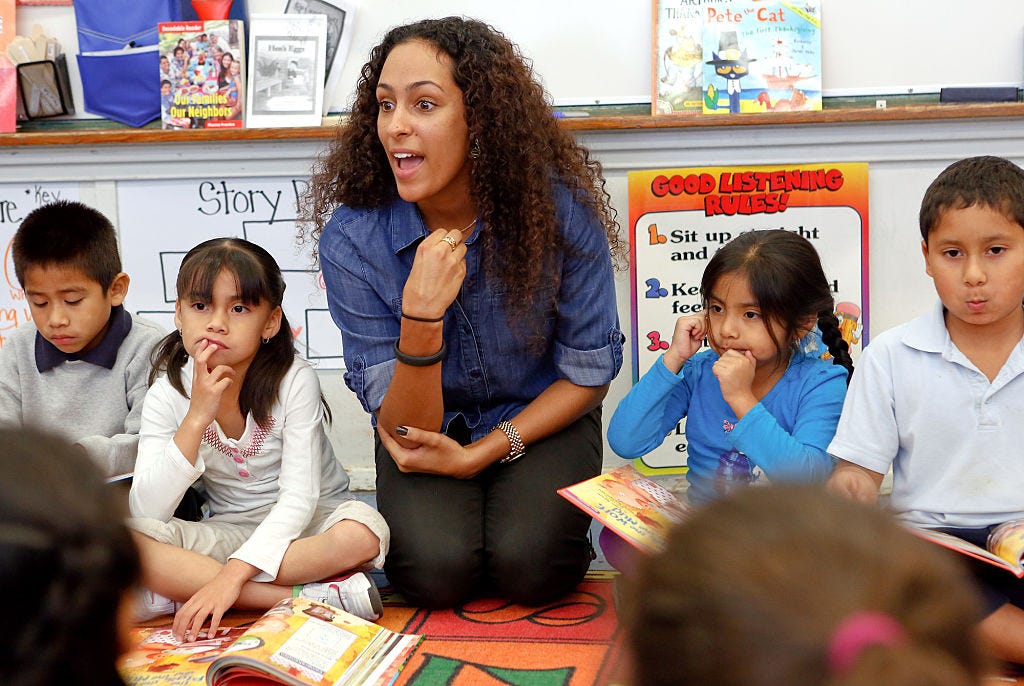
It can be both a sensible, innocuous attempt to tackle a real challenge and an excuse to promote faddish nonsense and ideological agendas.
Frederick M. Hess 9 hr ago
Social and emotional learning (SEL) has become a new flashpoint in our educational culture wars. The Washington Post has proclaimed it the “new target” of critical-race-theory attacks, while Salon calls it “the right’s new CRT panic.” SEL loomed large in Florida’s recent decision to reject dozens of math textbooks. Republican school board candidates and plenty of irate parents have railed against it.
But what exactly is SEL? The Collaborative for Academic, Social, and Emotional Learning (CASEL) says that SEL is about mastering “the knowledge, skills, and attitudes to develop healthy identities, manage emotions and achieve personal and collective goals, feel and show empathy for others, establish and maintain supportive relationships, and make responsible and caring decisions.”
In other words, SEL casts a wide net. Indeed, it can capture pretty much everything in and around a school. In 2019, a guide issued by the Aspen Institute’s national commission on SEL explained:
Students learn every day from every interaction with adults. The driver’s greeting as students board the bus; the cafeteria worker’s attention to individual children’s food preferences; the office administrator’s respect for students’ queries; the way custodians maintain the building and value students; the attitude of community partners toward students inside and outside the school setting—all of [it] .. determine[s] whether [a school] is inclusive, welcoming, fair, and supportive.
There’s much about SEL that appeals. It’s stuff that good schools (and parents) have always done, and it’s been a healthy course correction for an education system that’s been test-obsessed in recent decades while giving short shrift to character development and civic formation. As CASEL board chair Tim Shriver and I noted a few years ago, “Since the dawn of the republic, teachers and schools have been tasked with teaching content and modeling character,” and, pursued responsibly, SEL can help with all of that.
In fact, while SEL can seem like a new idea, it’s more of a variation on a historical theme—that educators cannot focus only on academic mastery but must also develop the “whole child.” Readers who are so inclined can trace this impulse to John Dewey, Rousseau’s Emile, and all the way back to Plato’s Republic.
…
But as with so many well-meaning education reforms, SEL has a Jekyll-and-Hyde aspect. As has been true with the Common Core and “anti-racist education” (née critical race theory), SEL can be reasonably described both as a sensible, innocuous attempt to tackle a real challenge and, too often, an excuse for a blue, bubbled industry of education funders, advocates, professors, and trainers to promote faddish nonsense and ideological agendas. The latter is why SEL invariably comes up as a justification for doing away with traditional grading, eliminating advanced math, subjecting students and staff to “privilege walks,” or teaching first-graders about gender identity.
